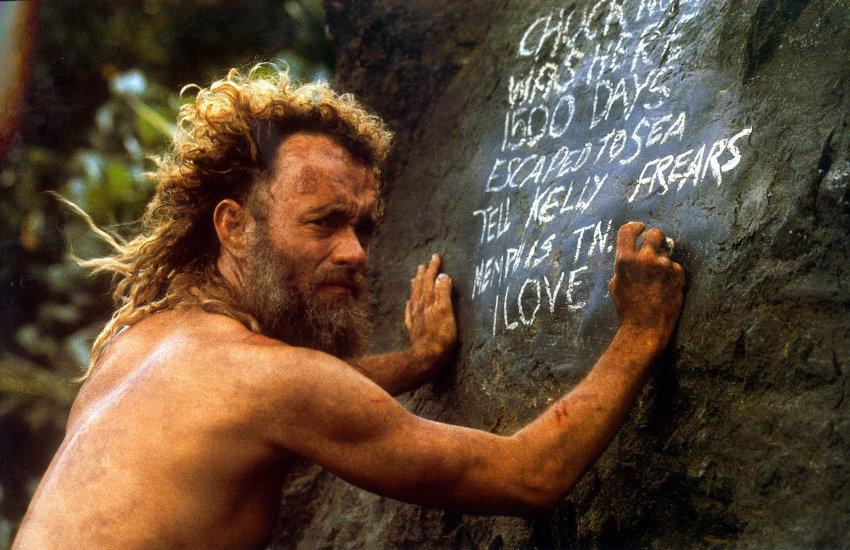Happy Hurricane Season!
From June 1st to November 30th, eastern and southern U.S. coastal residents have the great pleasure of existing in the official Atlantic Hurricane Season. For those who live or have property along the Eastern Seaboard or along the Gulf Coast, this time of year can be unnerving on occasion. Anxiety levels rise and fall like the tides. A watchful eye is subconsciously and intermittently kept on forecasts.
| Image courtesy of www.nhc.noaa.gov |
Nowadays, technology has taken the "fun" out of tracking hurricanes. In the name of convenience and progress, all the work is done for us. No charts, pencils, rulers required. A battery-operated weather radio is still a smart possession, though. While I'm sure we're safer today, and damage and loss has been greatly reduced because of better technology, my child-like wonder and thrill has taken a hit. I felt like I was doing something back then, like I was a part of the process. Now, I just react to experts, trusting their research and predictions.
Dealing with the aftermath of destruction, in this case from hurricanes, can be tricky. Catastrophe can cause hopelessness, despair, anger, sorrow, pain. Do you mourn? Cry? Throw blame around? Give up? Pray? Curse? Do you relocate or rebuild? Do you lend a hand or take care of your own? It's difficult to know unless you experience it firsthand.
 |
| Image Courtesy of www.nnvl.noaa.gov |
I love this song. It's not one you'd hear in concert; It would be quite out of place accompanying a sea of sunburned, grass-skirt adorned, pain-free partyers bouncing beach balls and dropping in and out of makeshift conga lines. That's fine with me. While I do enjoy Buffett's standards, his "Songs You Know By Heart," many of my favorites are his more obscure, less anthemic offerings. This is one of those songs and it can be found on the album Take the Weather With You.
Basically, as the title suggests, Jimmy reminds us to not live in the past - it's "dead and gone," and instead, to live in the present. He introduces his idea with a clever anecdote about buying a watch that seemingly doesn't work. Surely he was duped. After all, it has no "numbers or moving hands." It only says "Now." He realizes that "this watch is never wrong," though, and it serves him well when considering how and when to move on - "the time is now." After all, what doesn't kill you makes you stronger. To complete his counsel on handling tragedy, he suggests not trying to explain or shake it, but rather "nod your head," "bow your head," "breathe in, breathe out, move on."
 |
| Image courtesy of noobpreneur.com |
Truth.
Not bad advice, if you ask me.
If this is just a little too somber for your summer mood, we'll look at another option at dealing with hurricanes next time. Until then...breathe in, breathe out, move on.
 |
| Image courtesy of Amazon.com |
No comments:
Post a Comment